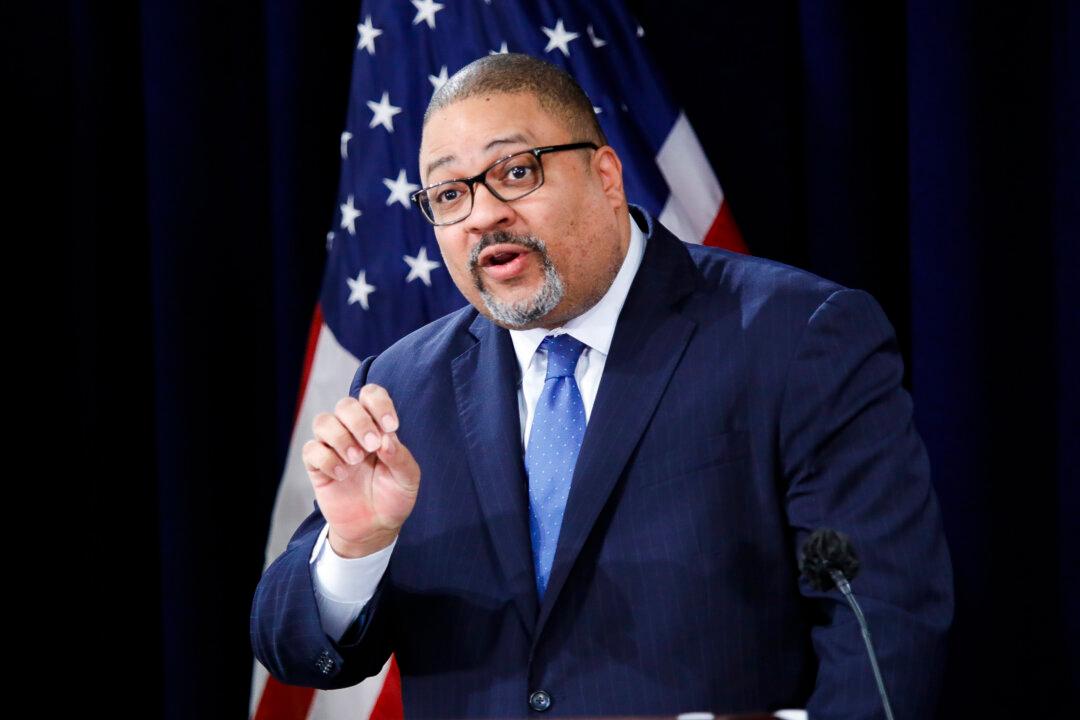Manhattan District Attorney Alvin Bragg’s office is seeking to maintain the verdicts and indictment of President-elect Donald Trump’s falsified business records case.
Bragg filed the request to New York Supreme Court Justice Juan Merchan on Dec. 9 after Trump submitted a motion to dismiss last week.





